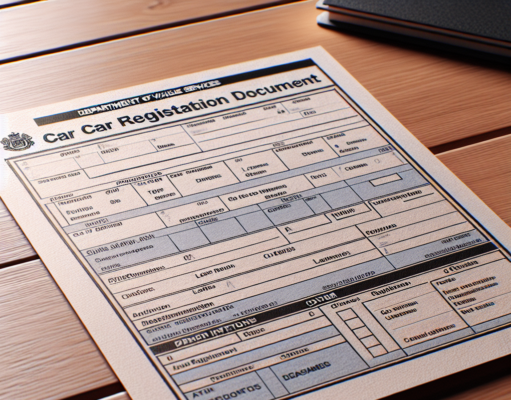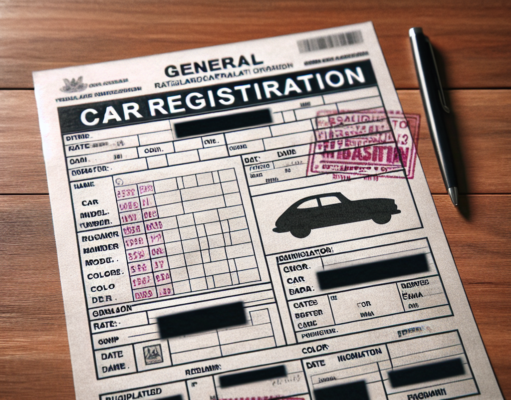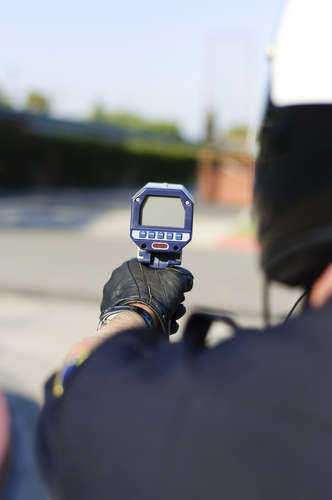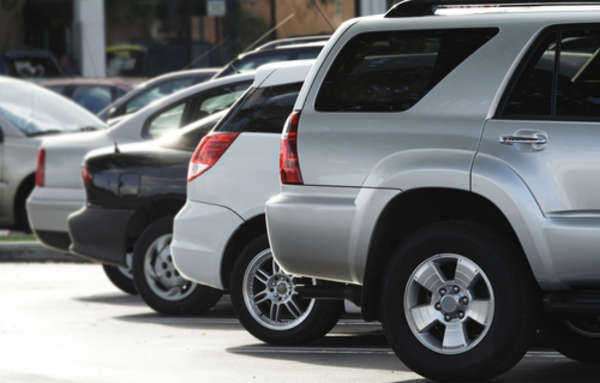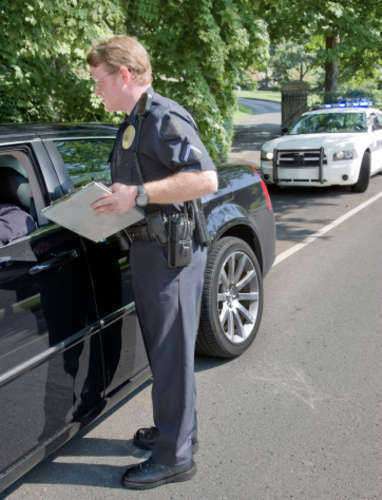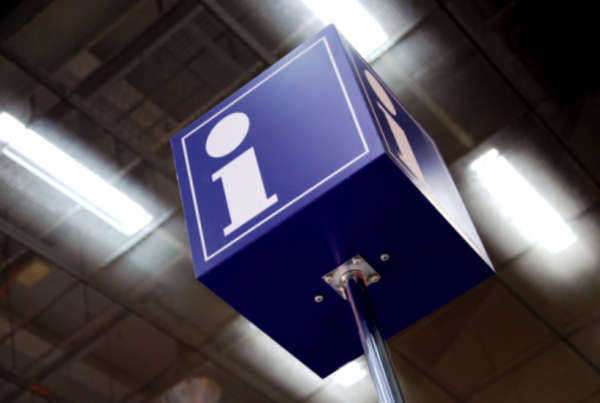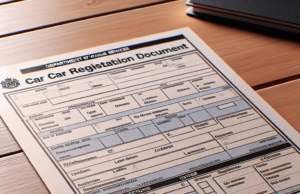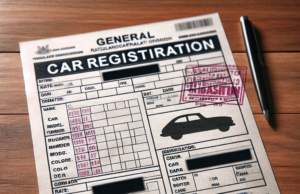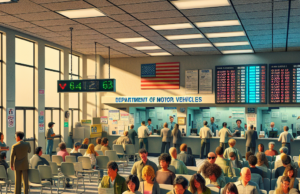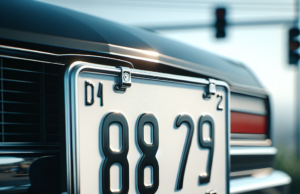Tennessee Parking Laws
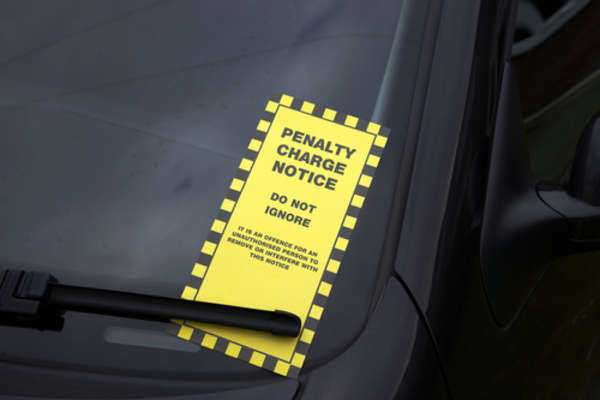
As a resident or tourist in Tennessee, it is important to be aware of the parking laws in the state. Parking violations can result in heavy fines and even lead to impoundment of your vehicle. Understanding the state’s parking laws is, therefore, necessary to avoid such unpleasant occurrences. In this article, we will examine various aspects of Tennessee parking laws, including updates in the past decade.
Tennessee Parking Laws Overview
Tennessee has several parking laws that drivers must follow. These laws cover a range of issues such as parking limits, signage requirements, and parking restrictions. Here are some of the Tennessee parking laws to keep in mind:
-
Parking Prohibited In Certain Locations: It is illegal to park vehicles in areas designated as no parking zones, including crosswalks, sidewalks, and bridges.
-
Parking Around Intersections: Vehicles should not be parked within 20 feet of an intersection.
-
Parking Close to Fire Hydrants: Parking within 15 feet of a fire hydrant is prohibited.
-
Parking on the Curb: The side of the vehicle with the wheels closest to the curb should be within 18 inches of the curb.
-
Parallel Parking: In Tennessee, all vehicles that parallel park on the street must park in the direction of the flow of traffic.
-
Parking on Sidewalks: Parking on sidewalks is illegal.
-
Parking in Handicapped Spaces: Parking in handicapped spaces is only allowed for vehicles with appropriate handicapped license plates or signs. Fines for parking in handicapped spaces without the necessary permits can be as much as $250.
Tennessee Parking Law Updates In The Past Decade
A lot has changed in the past decade when it comes to Tennessee parking laws. Here are some of the latest updates that drivers should be aware of:
-
Parking Fines: In 2010, the state of Tennessee increased the fine for parking in a handicapped space without a handicapped permit from a maximum of $200 to $250.
-
Handicapped Parking Spaces: In recent years, Tennessee has added more handicapped parking spaces to its cities, making it easier for individuals with disabilities to access businesses and public areas.
-
Cellphone Use: In July 2019, a new law was passed that prohibits drivers from holding a cell phone or mobile device while driving. This law impacts parking in that drivers cannot hold a cell phone while parked either.
-
Electric Vehicles: In 2017, Tennessee passed a law that allows electric vehicle (EV) owners to park in public spots without being charged any parking fees for charging their vehicles. This law was designed to encourage more people to switch to electric vehicles.
-
Parking Permits: Recently, Tennessee introduced new parking permits that allow residents to park on the street in front of their homes without being ticketed. The permit costs $10 and lasts for two years.
Common Parking Violations Across Tennessee
Some of the most common parking violations in Tennessee include the following:
-
Parking in no-parking zones: This includes areas such as fire lanes, loading zones, and bus stops.
-
Blocking Driveways: Parking in front of a driveway can restrict access to the property and is therefore prohibited.
-
Handicapped Parking Violations: Parking in handicapped spots without the necessary permits is a violation of Tennessee parking laws.
-
Overstaying Time Limits: Overstaying time limits set aside for parking areas such as meters is illegal.
-
Parking in Reserved Spaces: Specific spaces reserved for certain individuals, groups, or businesses, are only allowed to be used by those individuals, groups, or businesses.
In all cases, any driver committing any parking violation faces fines that vary depending on the severity of the violation and the local regulations. Repeat offenders may also face harsher penalties such as impoundment of their vehicles.
What To Do If You Receive a Parking Ticket in Tennessee
If you receive a parking ticket in Tennessee, the best advice is to pay the fine as soon as possible. Failure to pay the fine could result in additional penalties such as a higher fine or even a warrant for your arrest. It is important to check your ticket carefully for any errors and to make sure you understand the violation that you are being charged with. If you believe the ticket was issued in error, you can contest it by following the procedure indicated on the ticket.
Conclusion
Tennessee parking laws are in place for the safety of all drivers and pedestrians. It is therefore important to follow these laws to avoid parking fines and other penalties. Keeping up to date with recent changes in Tennessee parking laws is crucial to avoid any unpleasant surprises while on the road. If you are ever confused about Tennessee parking laws, do not hesitate to contact a local authority or seek legal advice. When it comes to parking, it’s always better to be safe than sorry.
________
The state of Tennessee has a few particular Tennessee parking laws that define where one may park safely and avoid fines, having their car towed or otherwise impounded. Note that city and county parking laws, as well as Tennessee parking laws, must always be observed and above all, you must be able to read signs and take directions from law enforcement, as these immediate orders take precedence over TN parking laws.
Where are the TN parking laws located?
You will find the Tennessee parking law explained in Title 55, Chapter 8, 161 of the Tennessee code. The entire title refers to the operation of Motor and other vehicles in the state and you will be able to consult this code for more information on the direct text related to TN parking laws.
Places where one cannot park according to Tennessee parking law
TN parking laws state that parking in the following places is prohibited:
– In front of a driveway
– On the sidewalk (with limited exceptions for bicycles that do not impede pedestrian traffic)
– In an intersection
– On a crosswalk
– An a bridge or elevated structure
– In a handicapped spot without the proper permit or license
There are also Tennessee parking laws pertaining to certain distances that must be kept from hazards and important locations when parking:
– Within 20 feet of a crosswalk
– Within 30 feet of a flashing beacon, stop sign, or other traffic control sign
– Within 50 feet of a railroad crossing
– Within 20 feet of a fire station driveway
– Within 15 feet of a fire hydrant
TN parking laws and the highway
There are specific TN parking laws related to the highway and generally, this involves cars that are able to move rather than cars that are stuck or stalled. In those situations, law enforcement would facilitate the removal of that vehicle.
One may not park on the highway if it is possible to do so within an incorporated area, municipality or other area. Parking on the highway is a last resort option and when safer parking is clearly available, the car will be moved, at the owner’s expense, under Tennessee parking law.
Buses and other transport under TN parking laws
Buses, transportation vehicles ad waste collators are generally exempted from these Tennessee parking laws as taking and discharging passengers, as well as collecting waste would require frequent stopping on the highway in question. For any vehicle to be allowed to make such pickups, the vehicle will need to have hazard lights, be visible from a distance of 200 feet, and be clearly marked as well. These provisions of the Tennessee parking laws protect against unnecessary hazards.
Penalties for violating Tennessee parking laws
The violation of Tennessee parking laws might range in penalties ranging from fines and impound of the vehicle to a Class C misdemeanor, depending on the nature and severity of the violation of Tennessee parking laws. You may be issued a ticket under Tennessee parking laws and you will either appear in traffic court or simply pay the ticket for the offense. Since the car is impounded, you will also have to pay an impound fee for this violation of Tennessee parking law.

